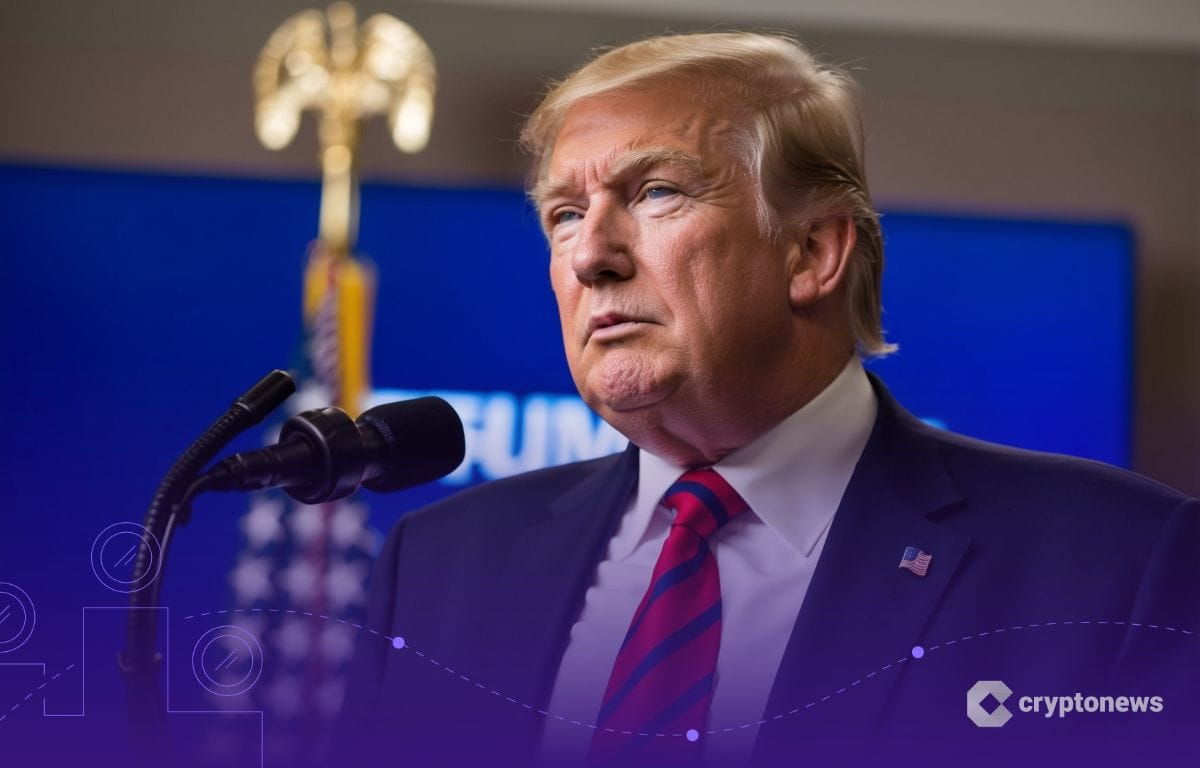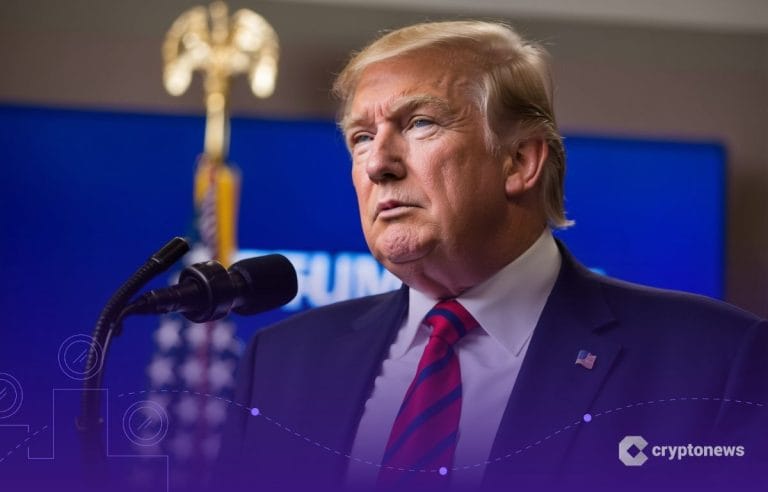Last updated:
 Why Trust Cryptonews
Why Trust Cryptonews
Ad Disclosure
We believe in full transparency with our readers. Some of our content includes affiliate links, and we may earn a commission through these partnerships. Read more

Russell Vought, the newly appointed head of the Consumer Financial Protection Bureau (CFPB) under U.S. President Donald Trump, has suspended the agency’s funding and ordered a halt to its operations.
Vought announced the decision in a Feb. 9 post on X, stating that the CFPB would not request its next round of funding from the Federal Reserve.
“I have notified the Federal Reserve that CFPB will not be taking its next draw of unappropriated funding because it is not ‘reasonably necessary’ to carry out its duties,” Vought wrote, adding that the agency’s current balance of $711.6 million is excessive given the fiscal climate.
CFPB: Safeguarding Consumers from Predatory Financial Practices
The CFPB was established to oversee financial institutions and protect consumers from predatory practices, particularly in response to the 2008 financial crisis.
The agency has also played a role in handling complaints against U.S.-based cryptocurrency exchanges.
However, it has been a point of contention within the crypto industry. Last year, the CFPB considered regulating crypto wallet providers but later dropped the initiative after facing industry pushback.
According to Reuters, Vought sent a memo instructing CFPB employees to halt all supervisory and examination activities.
Staff were also ordered to suspend investigations, refrain from initiating new cases, and discontinue issuing rules or public guidance.
Additionally, the memo reportedly directed staff to work remotely this week as the agency’s offices would be closed.
The CFPB’s funding structure differs from most federal agencies, as it operates through budget requests to the Federal Reserve rather than congressional appropriations.
Vought, who also serves as director of the White House’s Office of Management and Budget, framed the funding cutoff as a move toward greater accountability.
“This spigot, long contributing to CFPB’s unaccountability, is now being turned off,” Vought stated. He was appointed to lead the agency on Feb. 7, replacing Treasury Secretary Scott Bessent.
Vought Advocates for Government Restructuring
Vought has a history of advocating for significant government restructuring.
He co-authored Project 2025, a right-wing policy initiative aimed at increasing presidential power.
The decision to freeze CFPB operations has drawn sharp criticism. Dennis Kelleher, co-founder of the financial oversight advocacy group Better Markets, condemned the move as an attack on consumers.
“This latest attempt to kill the consumer bureau is another slap in the face for all Americans who depend on basic financial products and services,” Kelleher said, accusing Trump of exposing his own supporters to financial risks.
Notably, the U.S. government is showing increasing support for the crypto industry.
The Securities and Exchange Commission (SEC) recently scaled back its crypto enforcement unit, signaling a softer stance on regulation.
Additionally, Donald Trump signed an executive order directing the creation of a sovereign wealth fund, with pro-crypto officials Scott Bessent and Howard Lutnick among those managing it.
Speculation is growing that this fund could include Bitcoin as part of its portfolio.
Meanwhile, David Sacks, White House “crypto czar,” suggested the U.S. is looking to integrate stablecoins into the financial system, aiming to strengthen the dollar’s dominance internationally and digitally.



















